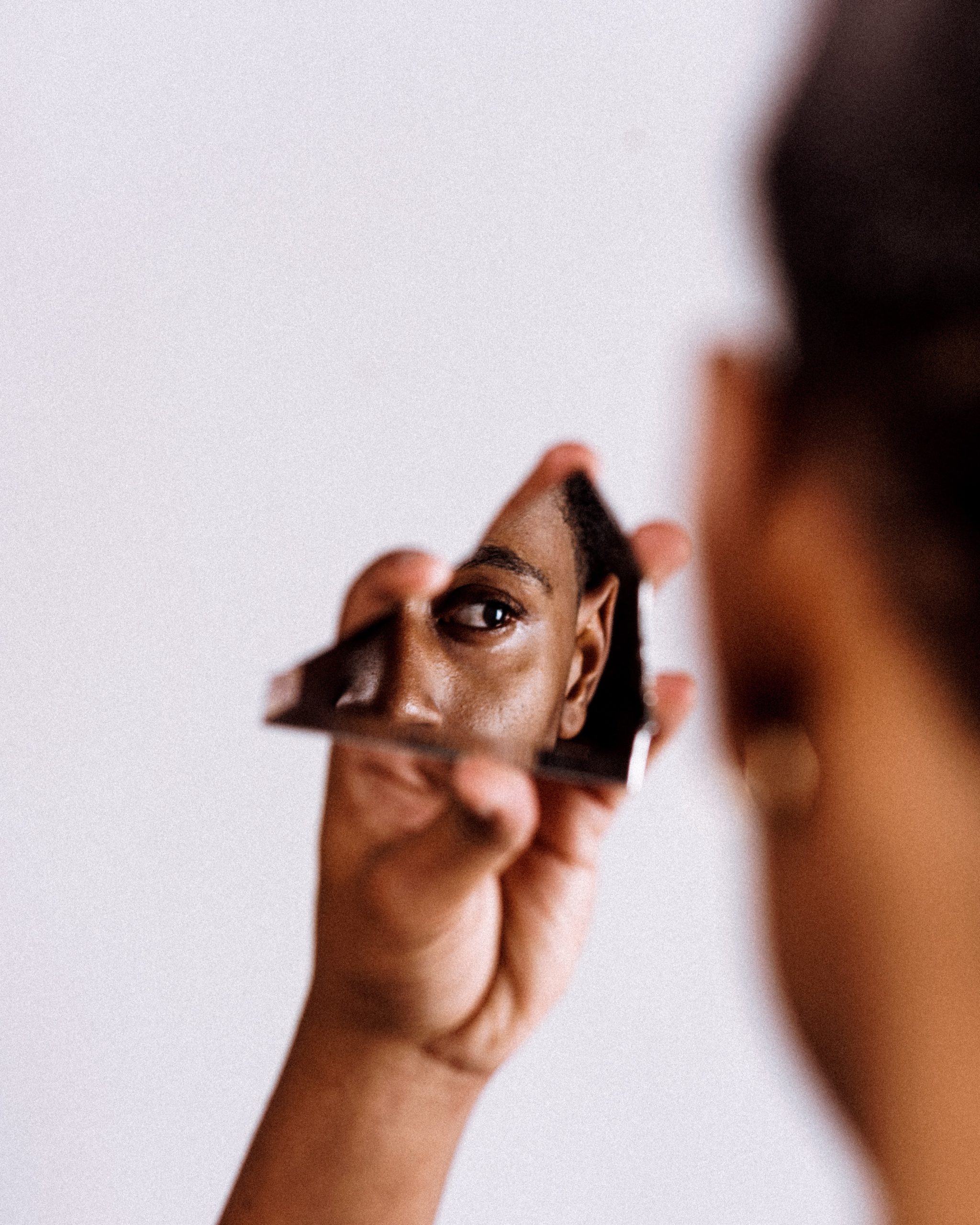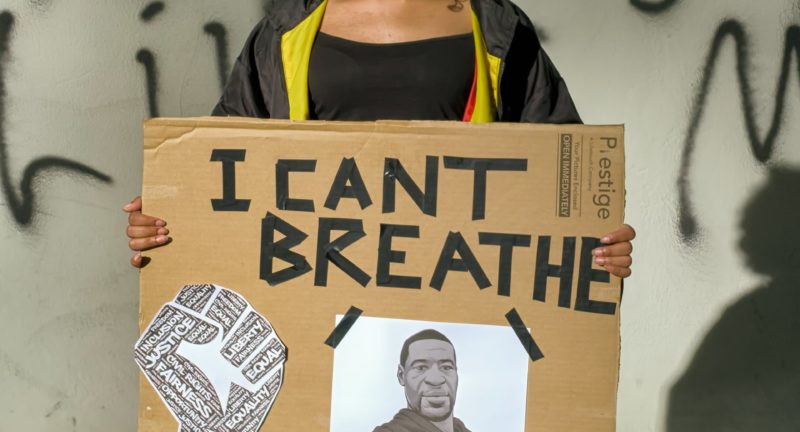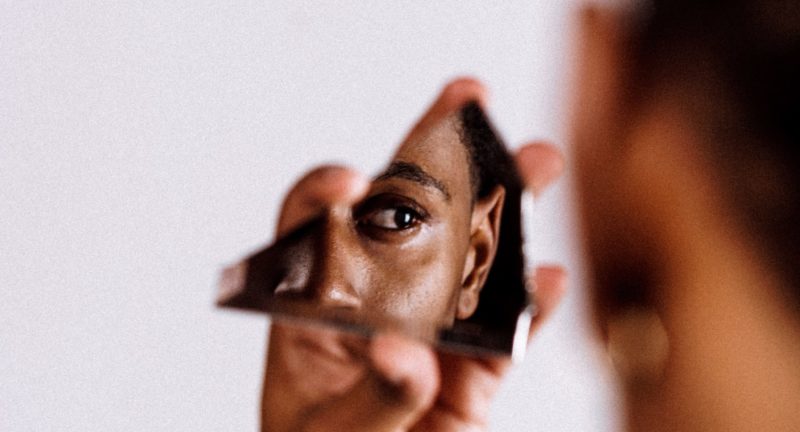

Dealing with Microaggressions as a Black Man
June 3, 2020 by Counseling and Wellness Center of Pittsburgh black therapist pittsburgh, microagressions, racism in america, systemic racism, therapy for racism pittsburgh 0 comments
Dealing with Microaggressions as a Black Man
George Floyd, Ahmaud Arbery, Botham Jean, Sandra Bland…these are just a few of the names that come to mind as I write this. These are the names of victims of police brutality and racial injustice. These were unwilling martyrs who fell prey to overt, unabashed, and unadulterated racism. This is a problem, but there is another issue that plagues people of color every day. An unseen layer of racial inequality that exists under our noses: microaggressions.
What is a microaggression, you ask? A microaggression is defined by Webster’s Dictionary as “a subtle but offensive comment or action directed at a minority or other non-dominant group that is often unintentional or unconsciously reinforces a stereotype.” So when a stranger tells me that they don’t see color, or when someone raves that I am “surprisingly articulate” for a black man, they are using microaggressions, perhaps unknowingly. However minorities also use microaggressions. Phrases like “you sound white,” or being called an ‘oreo’ by peers (black on the outside, white on the inside) have been some of the microaggressions I have experienced from fellow people of color.
I can only speak from my personal experience, and I do not represent all people of color. However I know that when I encounter microaggressions, whether intentional or not, I find myself in a bind. Do I call it out, and risk being “that guy,” or do I brush it off, because at least it’s not as bad as what the victims above suffered? The events of the past week have shown me that silence in the face of microaggressions, only leads to further silence from possible allies when overt racism and racially motivated aggression takes place.
So what is the role of the black man or the person of color when facing microaggressions?
- Call it out for what it is. People may balk at this and respond with phrases such as “I’m not racist,” or “I have black friends,” but the truth remains, microaggressions are a result of racist history, and they are subtle ways of perpetuating negative stereotypes about black people and other minorities.
- Educate those within your circle. It surprises me that in the age of the internet, some people still are not aware of what may constitute a microaggression.
- Better yet, encourage those who are not sure to educate themselves. There are plenty of (free) resources out there for our friends and neighbors to learn and become better allies.
- Take care of yourself. One thing that has been made clear with all of the demonstrations lately, is that collectively, black people are tired. It is mentally and emotionally exhausting to navigate microaggressions, and process the overt racism that takes place in our country every day.
- Talk to someone. We cannot keep this stress bottled up. It helps to speak with a therapist or a trusted friend in order to process what we go through when we encounter microaggressions.
On a final note for everyone reading this, whether you experience microaggressions or not, do not stop talking about this. Talk to family, friends, neighbors, clergy, therapists. Talk, take action, and please take care of yourselves.
Related Posts
PTSD in the Black Community
June 8, 2020
Recent events have some people scared. This makes sense. People are clamoring for...
Dealing with Microaggressions as a Black Man
June 3, 2020
Dealing with Microaggressions as a Black Man George Floyd, Ahmaud...



